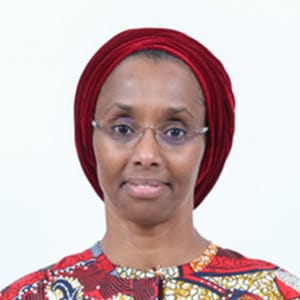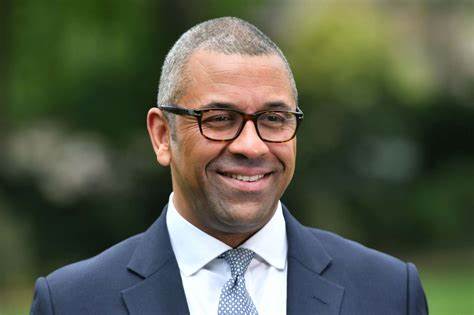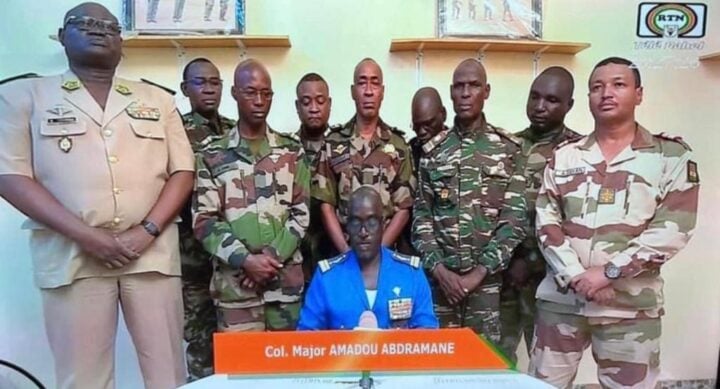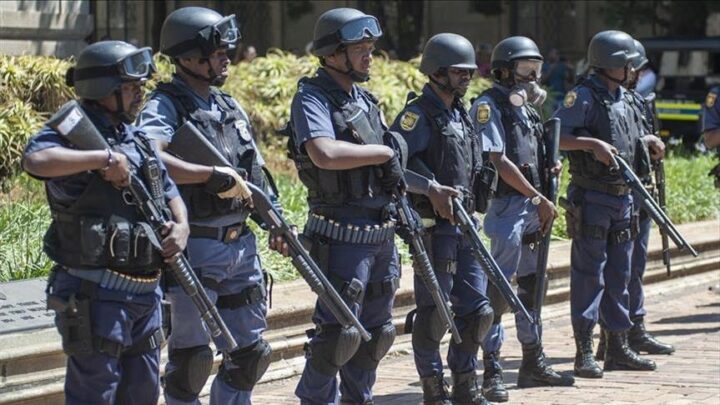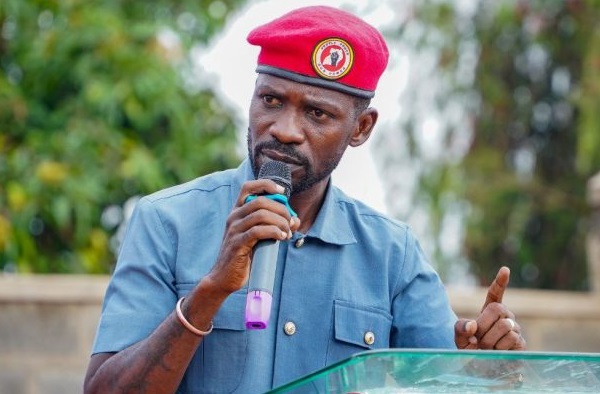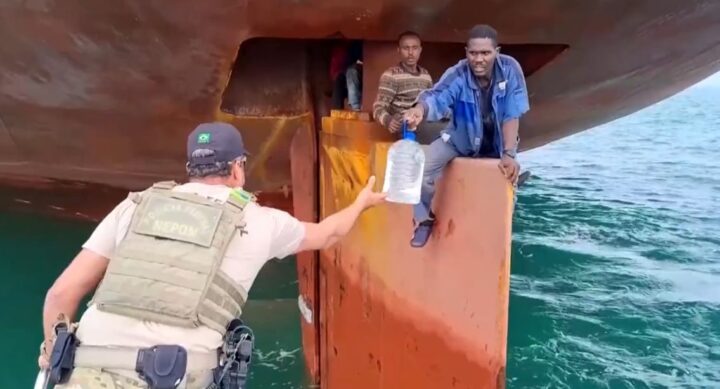The African Union high-level panel on illicit financial flows (AU HLP on IFF) says Africa’s assets must be returned for the continent’s development.
Souad Aden-Osman, head of the secretariat of the AU high-level panel and the working group on Common Africa Position on Asset Recovery (CAPAR), spoke during a two-day conference.
Aden-Osman said the panel discussed the IFFs scourge and presented the CAPAR to new stakeholders, including those engaged in Extractive Industries Transparency Initiative (EITI) processes.
She said the event was held to coincide with the 2023 Global EITI Conference in Dakar because the extractive sector contributes the most to illicit financial flows.
Advertisement
“The CAPAR is the policy advocacy instrument aimed at assisting AU member states to trace, identify, repatriate and subsequently effectively manage their assets, including items of cultural heritage, in a manner that respects their sovereignty and for the benefit of African people who are ultimately the victims of illicit financial flows,” she said.
“CAPAR now stands as the best tool for Africa’s legal and technical framework in structuring and managing the return of Africa’s stolen assets from the foreign jurisdictions.
“That is why it is imperative that Africa’s assets, including financial resources lost through illicit flows, be returned to finance the continent’s development agenda as underlined in the AU high-level panel report on illicit financial flows, adopted by African heads of state and government in January 2015.”
Advertisement
The secretariat head said while it is worrisome to question the credibility of EITI, the panel needs to remind them to improve their processes.
“The EITI and Transparency International (TI) are both essential instruments that we must engage with and work together to improve,” she said.
“We are currently in Phase 2 of our work, which involves national-level actions. We cannot discard them because they are the babies of our civil society.
“They were brought forward by civil society and are a response to the call of civil society in the extractive sector. However, we must ask why they are not playing their role anymore?
Advertisement
“Whether they have drifted to the point we need to question their processes and data.
“Our goal is to have an EITI that nobody will question its credibility or integrity, and that is not the case at the moment.”
Aden-Osman added that one of the challenges faced in the fight against illicit financial flows is capacity.
“It has been a problem in many of our fights, and it is no different in this one. This challenge is not unique to Africa, but it is a structural global issue,” she said.
Advertisement
“For centuries, the continent has been relegated to the role of raw material providers due to colonial and neo-colonial systems.
“Given this unjust mandate, multinational corporations that operate in the continent do not feel compelled to act responsibly.
Advertisement
“Unfortunately, corruption and the proceeds of corrupt activities are often tolerated in their countries of origin.”
Advertisement
Add a comment
